Related Research Articles

Marcel Reich-Ranicki was a Polish-born German literary critic and member of the informal literary association Gruppe 47. He was regarded as one of the most influential contemporary literary critics in the field of German literature and has often been called Literaturpapst in Germany.
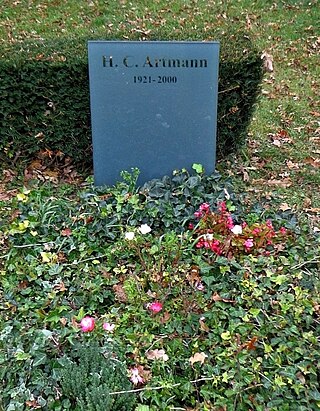
Hans Carl Artmann, also known as Ib Hansen, was an Austrian poet and writer, most popular for his early poems written in Viennese, which however, never after were to be the focus of his oeuvre.
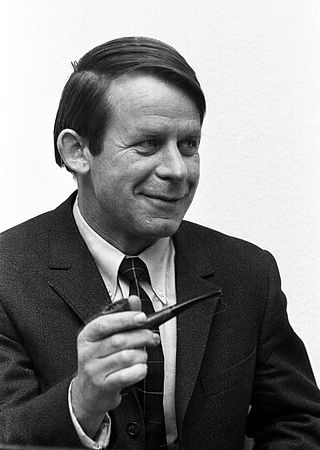
Siegfried Lenz was a German writer of novels, short stories and essays, as well as dramas for radio and the theatre. In 2000 he received the Goethe Prize on the 250th Anniversary of Johann Wolfgang von Goethe's birth. He won the 2010 International Nonino Prize in Italy.
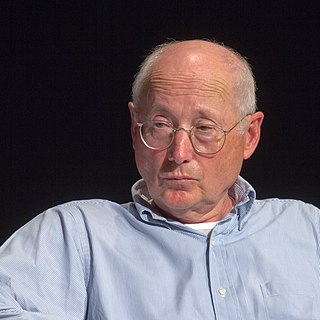
Stefan Aust is a German journalist. He was the editor-in-chief of the weekly news magazine Der Spiegel from 1994 to February 2008 and has been the publisher of the conservative leading Die Welt newspaper since 2014 and the paper's editor until December 2016.

Wladimir Kaminer is a Russian-born German short story writer, columnist and disc jockey of Jewish origin, the son of Viktor and Shanna Kaminer.

Max Herbert Eulenberg (1876–1949), was a German poet and author born in Cologne-Mülheim, Germany. He was married from 1904 to Hedda Eulenberg.

Arnold Stadler is a German writer, essayist and translator.
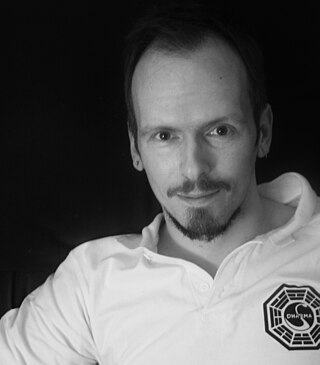
Dietmar Dath is a German author, journalist and translator.
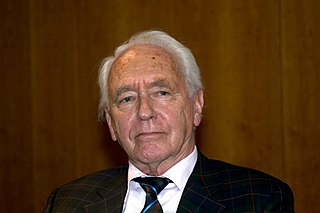
Wolf Dietrich Schneider was a German journalist, author, and language critic. After World War II, he learned journalism on the job with Die Neue Zeitung, a newspaper published by the US military government. He later worked as a correspondent in Washington for the Süddeutsche Zeitung, then as editor-in-chief and from 1969 manager of the publishing house of Stern. He moved to the Springer Press in 1971. From 1979 to 1995, he was the first director of a school for journalists in Hamburg, shaping generations of journalists. He wrote many publications about the German language, becoming an authority. He promoted a concise style, and opposed anglicisms and the German orthography reform.

Richard Wagner was a Romanian-born German novelist. He published a number of short stories, novels and essays.
Oskar Höcker was a German author of historical novels for children and a stage actor.
Siegfried Obermeier was a German author of historical novels and popular history books. He was editor of The Secret Diaries of Ludwig II of Bavaria 1976. In 1978 he issued his first novel, initially under the penname Carl de Scott, a novelisation of the second life of Judas Iscariot. His Jesus in India book "Starb Jesus in Kaschmir?" made it to the Year Bestseller List of the Spiegel in 1983.

Helmut Müller-Enbergs is a German political scientist who has written extensively on the Stasi and related aspects of the German Democratic Republic's history.
Alfons “Ali” Mitgutsch was a German author of picture books and a professional advertising Illustrator. He was known as the father of the Wimmelbilder books.
Sven Felix Kellerhoff is a German historian, journalist and author who specialises in the history of the Nazi era.
Ariane Riecker is a German author and director of documentaries and reports. She is known for her documentary Mein Vater, der Türke in collaboration with Marcus Vetter.
Michael Buddrus is a German historian.

Peter Merseburger was a German journalist and author. After working for newspapers and the magazine Der Spiegel, he moved to the broadcaster Norddeutscher Rundfunk (NDR) in 1965. He became known as television presenter of the political magazine Panorama that he moderated from 1967 to 1975, presenting controversial themes. From 1977, he was correspondent of the ARD in several capital cities such as Washington, D.C., East Berlin and London. After retirement in 1991, he turned to writing biographies of influential persons including Kurt Schumacher, Willy Brandt, Rudolf Augstein, and Theodor Heuss.
Detlef Hoffmann was a German art historian.
References
- ↑ Cordt Schnibben: Mein Vater, ein Werwolf. In: Der Spiegel, 14 April 2014, p. 62ff
- 1 2 Schnibben, Cordt (28 January 2001). "Das große Sackhüpfen". Der Spiegel (in German). Retrieved 13 November 2022.